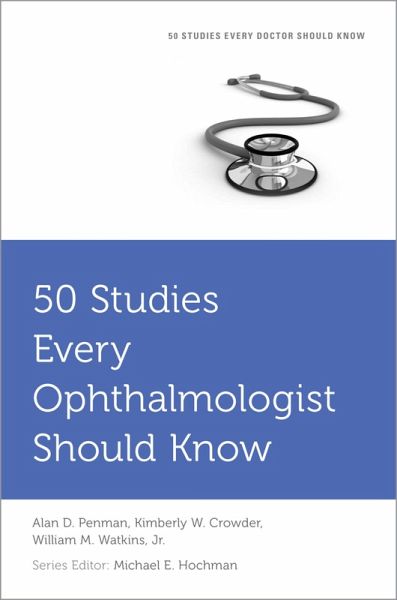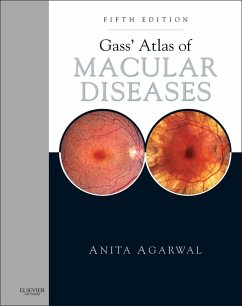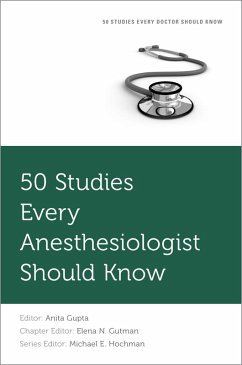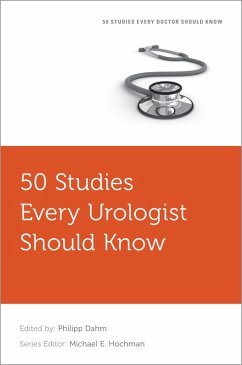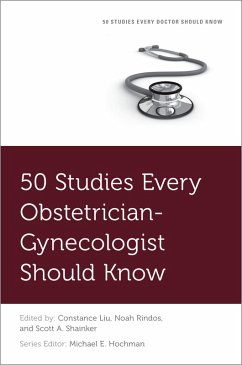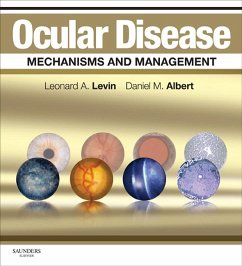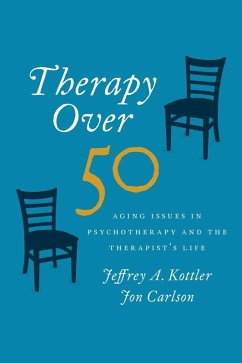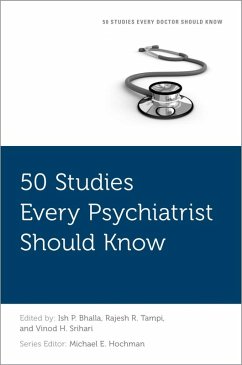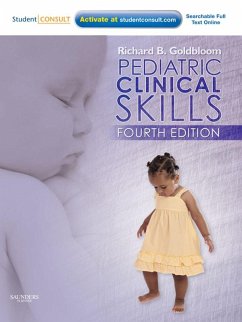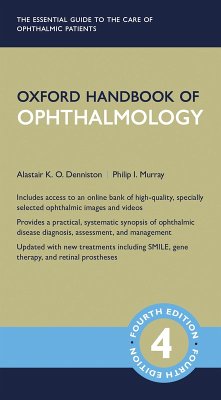Dr. Alan Penman is a physician with specialty training in ophthalmology, public health, epidemiology, and biostatistics. He graduated MBChB from Aberdeen University Medical School, Scotland in 1979, and received an MSc in Clinical Tropical Medicine from London University, England in 1981, an MPH from the University of Alabama (Birmingham) in 1998, and a PhD in Biostatistics from the University of Mississippi in 2008. He completed his training in ophthalmology at Aberdeen Royal Infirmary in 1989, followed by a retinal fellowship at the MRC Sickle Cell Clinic in Kingston, Jamaica from 1990-1992. As a Professor in the Departments of Preventive Medicine and Ophthalmology at the University of Mississippi Medical Center (UMMC), Dr. Penman consults regularly with investigators conducting clinical studies and population research. In addition, he directs and teaches courses in epidemiology, biostatistics, public health and disease prevention for medical students and graduate medical faculty. He is a listed author on 87 peer-reviewed publications. Dr. Kimberly Crowder is Professor and Chair of the Department of Ophthalmology at the University of Mississippi Medical Center. She completed her ophthalmology residency at UMMC in 2003, joining the department's faculty immediately afterward, and serving as the program director for the Medical Center's ophthalmology residents from 2007-2015. She was promoted to department chair in 2015. Dr. Crowder's motivation stems from her desire to improve ophthalmology education for residents and students. Since 2003, she has been an active attending physician in ophthalmology and filled multiple roles including course director for medical student electives in ophthalmology, course director of Family and Emergency Medicine resident rotations in ophthalmology, and director for the resident eye clinic. She has twice been named "Ophthalmology Faculty of the year" by the UMMC Ophthalmology residents. Dr. Crowder is board certified by the American Board of Ophthalmology and practices comprehensive ophthalmology. She's a member of a number of professional societies, among them the American Academy of Ophthalmology, for which she is currently serving on a Residency education task force. She is also a member of the Association of American Medical Colleges' Council of Faculty and Academic Societies, as well as the Mississippi Academy of Eye Physicians and Surgeons, and the Association for Research in Vision and Ophthalmology. Dr. Kimberly Crowder is Professor and Chair of the Department of Ophthalmology at the University of Mississippi Medical Center. She completed her ophthalmology residency at UMMC in 2003, joining the department's faculty immediately afterward, and serving as the program director for the Medical Center's ophthalmology residents from 2007-2015. She was promoted to department chair in 2015. Dr. Crowder's motivation stems from her desire to improve ophthalmology education for residents and students. Since 2003, she has been an active attending physician in ophthalmology and filled multiple roles including course director for medical student electives in ophthalmology, course director of Family and Emergency Medicine resident rotations in ophthalmology, and director for the resident eye clinic. She has twice been named "Ophthalmology Faculty of the year" by the UMMC Ophthalmology residents. Dr. Crowder is board certified by the American Board of Ophthalmology and practices comprehensive ophthalmology. She's a member of a number of professional societies, among them the American Academy of Ophthalmology, for which she is currently serving on a Residency education task force. She is also a member of the Association of American Medical Colleges' Council of Faculty and Academic Societies, as well as the Mississippi Academy of Eye Physicians and Surgeons, and the Association for Research in Vision and Ophthalmology.
